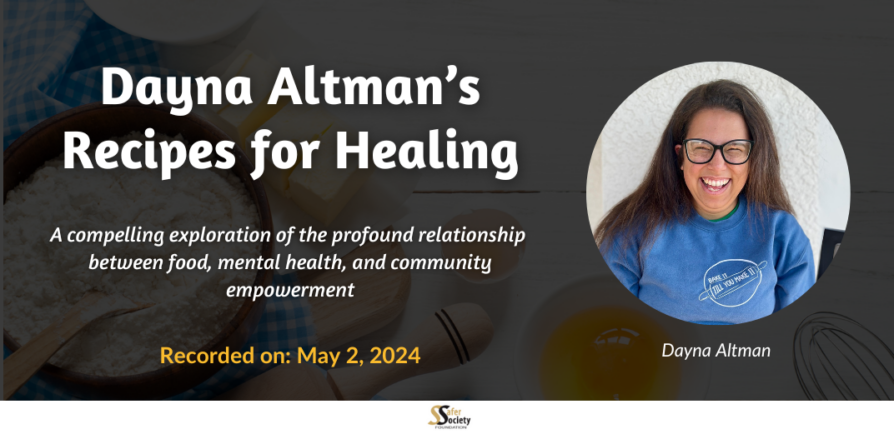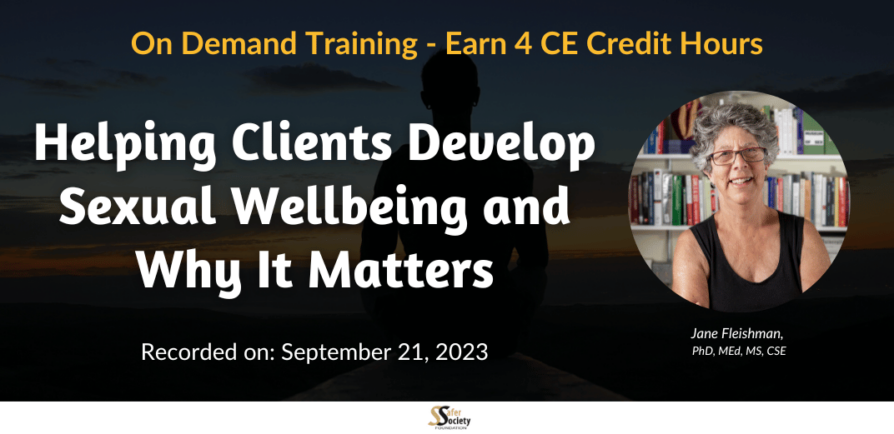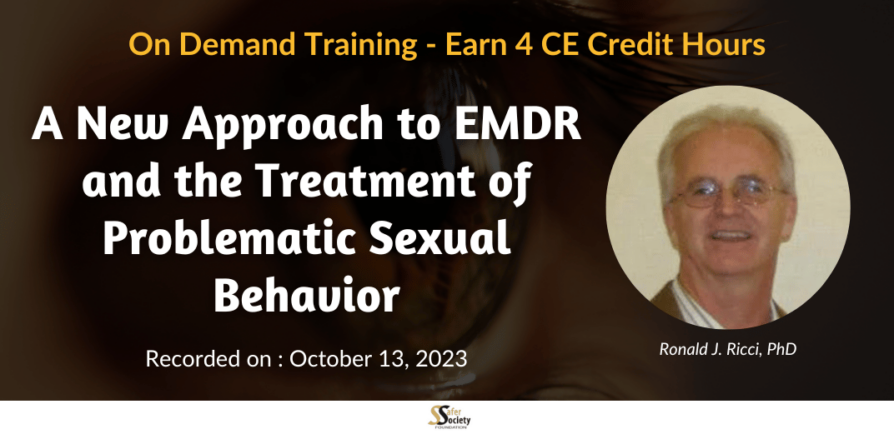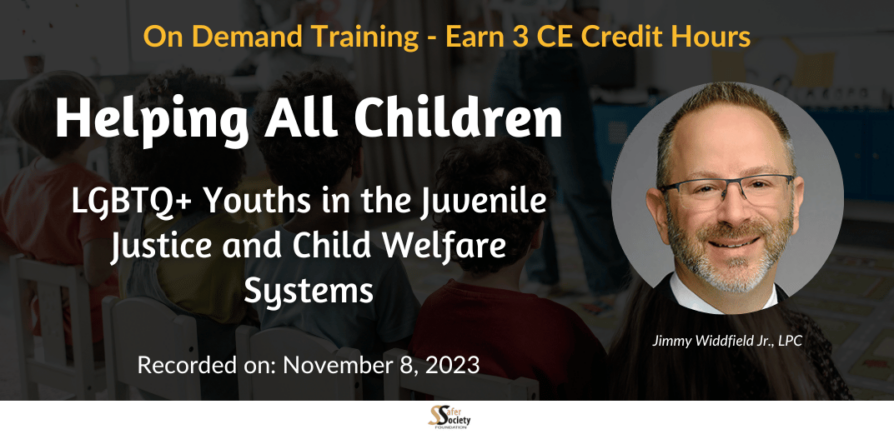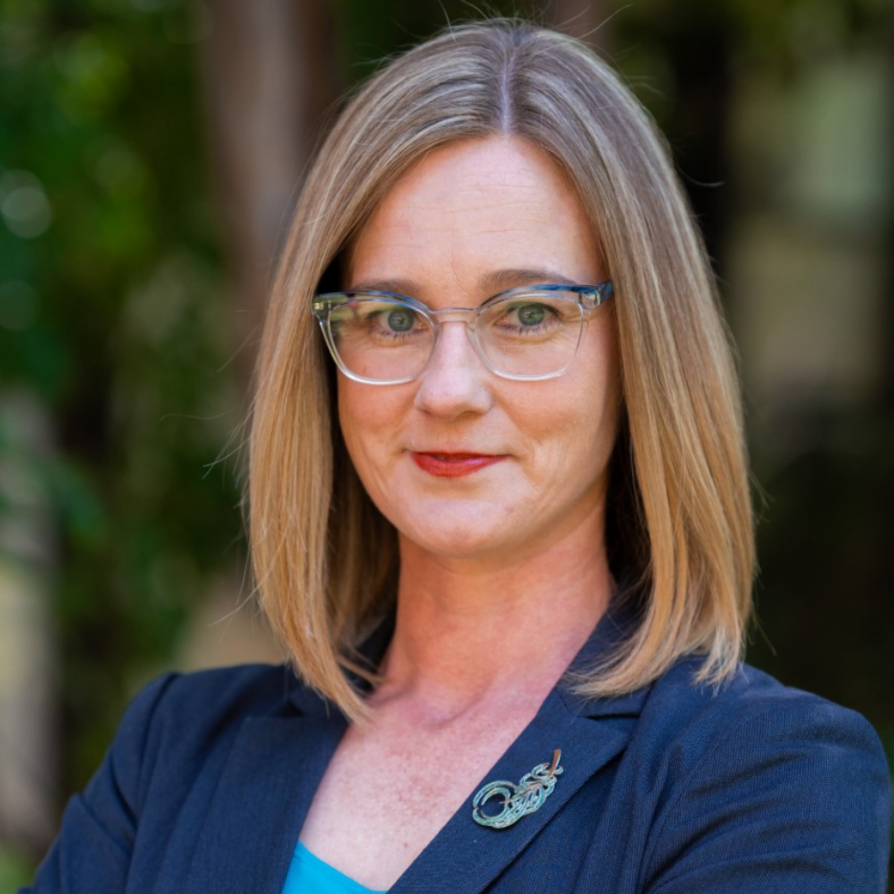Dayna Altman’s uplifting journey of healing and advocacy is a testament to the transformative power of food. In this upcoming webinar, Dayna shares her personal story of living with depression and OCD, and being in long-term eating disorder recovery. Through her experiences, she has found that food not only heals the body but also has the remarkable ability to connect individuals and communities. Dayna delves into her unique recipes for healing, emphasizing the role of food as a source of hope and wellness.
Helping Clients Develop Sexual Wellbeing and Why It Matters
Developing consensual sexual relationships can be a challenge, particularly for clients with problem sexual behaviors. All too often, these clients have little or no meaningful education in sexuality.
Bringing discussions of healthy sexuality to our clients requires candor and comprehensive sexuality education approaches. Yet how do we create an atmosphere of positive, non-coercive, and pleasurable sexual expression for individuals with problem sexual behaviors?
A New Approach to EMDR and the Treatment of Problematic Sexual Behavior
This training examines how the Adaptive Information Processing mechanism inherent in Eye Movement Desensitization & Reprocessing (EMDR) therapy can help clients to manage elements that contributed to their offending. It introduces the Offense Driver Model (ODM), which is derived from five extant models in the sex offending literature. The ODM provides a systematic way to conceptualize and identify relevant treatment targets. This model considers emotions/affect, personality features, reactive dynamics, unconscious elements, and cognitions that can be activated when clients are exposed to environmental or situational cues.
Helping All Children: LGBTQ+ Youths in the Juvenile Justice and Child Welfare Systems
Youths who identify as LGBTQ+ are as dynamic as the conversations our society is having about them. They are at significantly higher risk for multiple adverse experiences across settings (e.g., home, school, community), and they are over-represented in child-serving systems like juvenile justice and child welfare, where they are more likely to experience more punitive outcomes. All too often, this is simply because of who they are as authentic people. Professionals who work directly with children and adolescents and their families, especially in the fields of child maltreatment, child trauma, and juvenile justice, should be educated on LGBTQ+ youths and the issues they face in order to provide best practices that support positive outcomes.
Cristina Maddocks, MS (she/her)
Cristina joined CHL in October 2023 with 20 years experience in the fields of mental health and education. Cristina’s experience includes working at two designated agencies in Vermont, an Executive Director position at an early education and childcare program, and working in mental health non-profit organizations in Massachusetts. Cristina aims to create connections and rapport to promote change, reduce stigma associated with mental health, and advocate for youth and families within their home, school, and community settings. Her experience as a clinician in various settings provides a foundation for understanding the strengths and challenges of the systems of care and how to support those navigating through it.
Kirk Postlewaite, MS, LCMHC (he/him)
Kirk is a seasoned public and community health professional with 20 years of experience in program management, clinical work, and community health initiatives. During this time, Kirk has worked with children, families, and adults in Vermont across systems of care and many settings. Most recently, he worked as the Population Health Director at Rutland Regional Medical Center and as the Communications and Development Director at Washington County Mental Health in central Vermont. Kirk’s expertise is focused on creating systems of care that are effective and efficient while remaining person-focused, and he brings a well-rounded clinical perspective to this work.
Kathleen Kilbourne, MEd (she/her)
Kathleen brings to the role of Executive Director a Master’s Degree in Educational Administration, three state license endorsements (Elem. Education, Special Education, and Administration), as well as over twenty-eight years of service in public education in VT. She has served as a classroom teacher, special educator, not-for-profit director, and most recently, as a principal over the past decade. She is a nationally certified Crisis Prevention Institute instructor and consultant who uses restorative practices to support healing and repair relationships. Kathleen also guest lectures at four institutions of higher learning in VT.
Timothy Kahn, MSW, CSOTP
Timothy Kahn, MSW, is a nationally recognized clinician and trainer in the field of sexual offender treatment. He has been practicing in correctional, residential, and outpatient programs for over 40 years. He has written several books that serve as models for the process of treating juveniles who have sexually abused. Mr. Kahn served on the Washington State Licensing Board that developed evaluation and treatment standards and licensing requirements for sex offender treatment providers in Washington State. He is an accomplished trainer and consultant for a variety of agencies in the Pacific Northwest. He has served as an expert witness in numerous cases involving professional sexual misconduct and sexual offenders. He currently maintains a private clinical and consultation practice in Bellevue, Washington, where he evaluates and treats children, adolescents, and adults with sexual behavior problems.
Tyffani Monford, PsyD
Dr. Tyffani Monford Dent is a licensed psychologist. She has served as a consultant and trainer under various federal and state grants. In addition, Dr. Dent has been appointed to various state and county committees focused on those within the juvenile justice system. Dr. Dent provides mental health trainings and has served as a panelist at conferences focused on culturally informed mental health services, gender-responsive treatment, the school-to-prison pipeline and black girls, educating black girls in white spaces, intersectionality and social justice work throughout the United States. She has been featured on local and national news programs addressing the importance of emotional wellness in Black communities, mental health in times of national crisis, and the school-to-prison pipeline’s impact on Black Girls.
